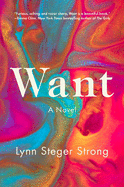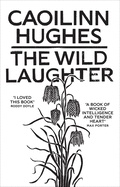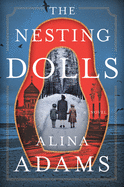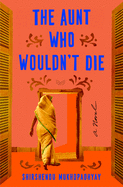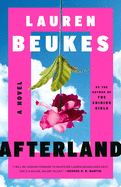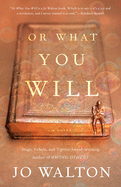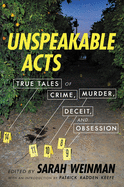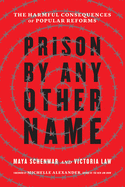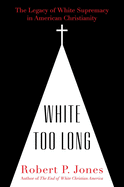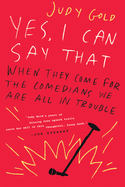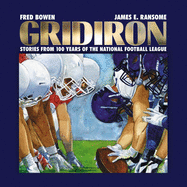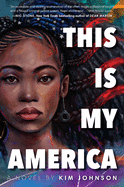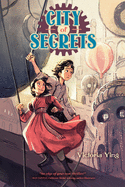Write that Book You've Been Putting Off
In her stellar interview with the Paris Review, Toni Morrison spoke of her pre-writing ritual: a cup of coffee as daylight arrives. "Writers all devise ways to approach that place where they expect to make the contact, where they become the conduit, or where they engage in this mysterious process."
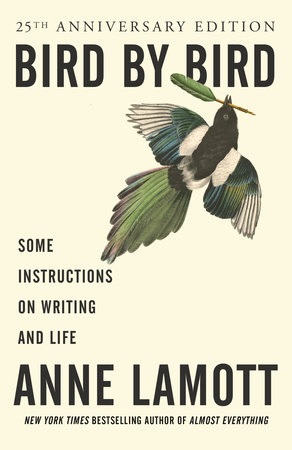 Few writers coax the rest of us to get up and simply get started--to become that conduit--as memorably as Anne Lamott in Bird by Bird: Some Instructions on Writing and Life (Anchor, $16). Lamott's hilarious homage to "Sh***y First Drafts" and merely making a routine out of showing up are enough to get a pencil in hand or fingers on the keys.
Few writers coax the rest of us to get up and simply get started--to become that conduit--as memorably as Anne Lamott in Bird by Bird: Some Instructions on Writing and Life (Anchor, $16). Lamott's hilarious homage to "Sh***y First Drafts" and merely making a routine out of showing up are enough to get a pencil in hand or fingers on the keys.
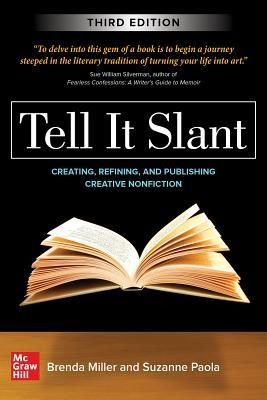 Casting for inspiration? Cull from your own life; as Emily Dickinson advised, "Tell all the truth but tell it slant." Brenda Miller and Suzanne Paola's Tell It Slant: Creating, Refining, and Publishing Nonfiction (McGraw-Hill, $20) is a definitive text for expanding ideas of what creative nonfiction can be, with insight and encouragement in spades.
Casting for inspiration? Cull from your own life; as Emily Dickinson advised, "Tell all the truth but tell it slant." Brenda Miller and Suzanne Paola's Tell It Slant: Creating, Refining, and Publishing Nonfiction (McGraw-Hill, $20) is a definitive text for expanding ideas of what creative nonfiction can be, with insight and encouragement in spades.
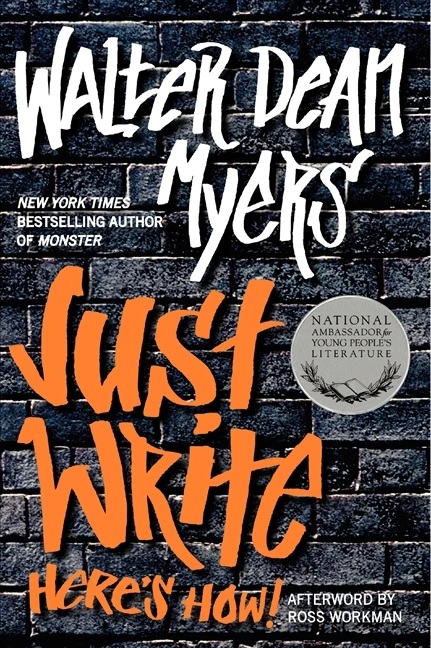 Got kids writing at home? See Walter Dean Myers's Just Write: Here's How! (HarperCollins, $7.99). Myers's titles number over 100, and the six-time Coretta Scott King Award-winner and two-time Newbery Honoree offers clear-headed advice and candor about writing for young adults: "My own life showed me the value of stories, and I've spent my career trying to write the books I wanted to read as a teen."
Got kids writing at home? See Walter Dean Myers's Just Write: Here's How! (HarperCollins, $7.99). Myers's titles number over 100, and the six-time Coretta Scott King Award-winner and two-time Newbery Honoree offers clear-headed advice and candor about writing for young adults: "My own life showed me the value of stories, and I've spent my career trying to write the books I wanted to read as a teen."
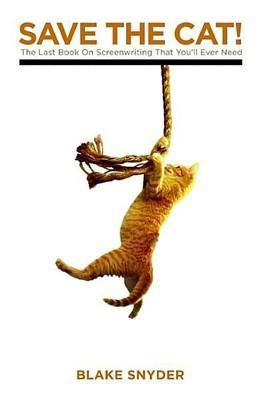 Or try your hand at writing for the screen with Blake Snyder's classic how-to Save the Cat: The Last Book on Screenwriting You'll Ever Need (Michael Wiese Productions, $22.95). The title isn't hyperbole; entertaining and eminently readable, it'll have you drafting in no time.
Or try your hand at writing for the screen with Blake Snyder's classic how-to Save the Cat: The Last Book on Screenwriting You'll Ever Need (Michael Wiese Productions, $22.95). The title isn't hyperbole; entertaining and eminently readable, it'll have you drafting in no time.
So write what you know, or what you don't, what you've wanted to read or what you want to watch. (But first: coffee.)



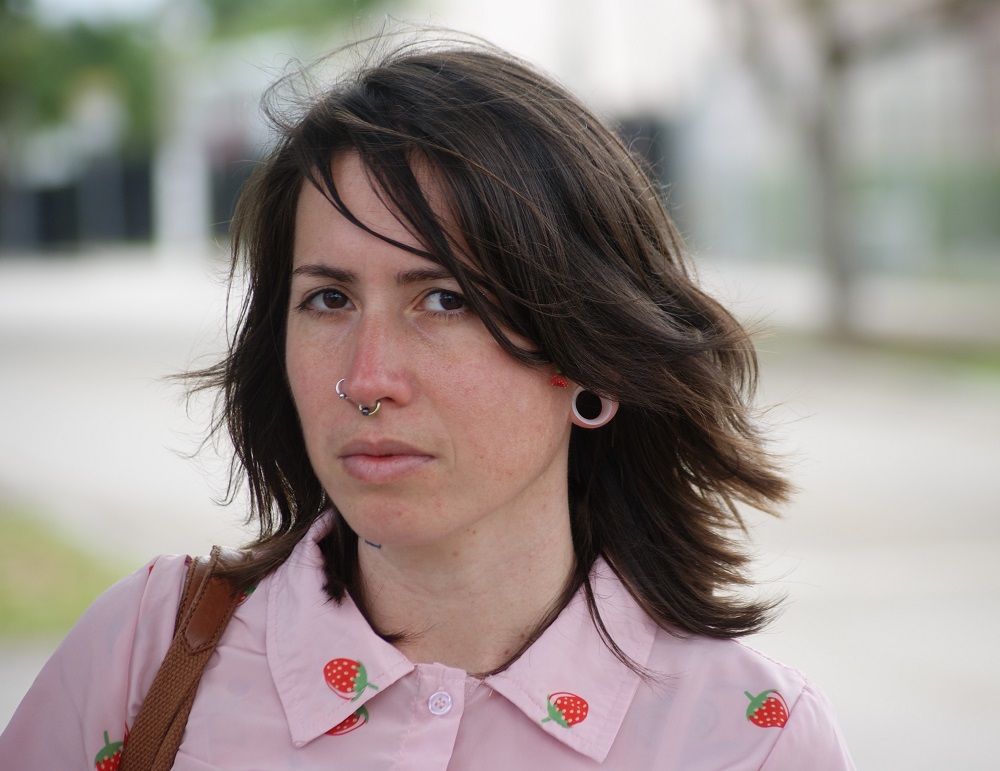
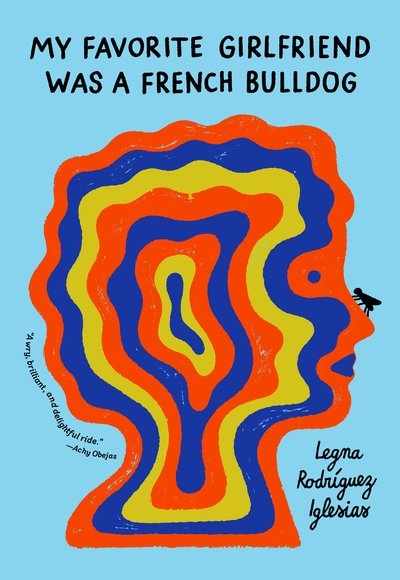 Book you're an evangelist for:
Book you're an evangelist for: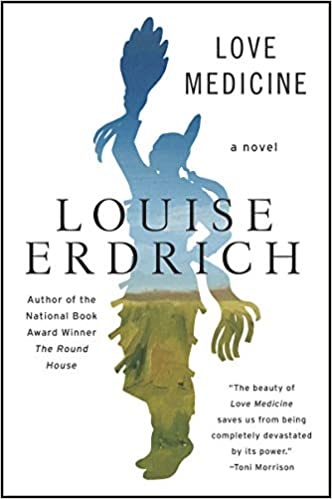 Native American writer Louise Erdrich's debut novel, Love Medicine (1984), follows five Ojibwe families on fictional reservations in North Dakota and Minneapolis. It begins in 1981 with the death of June Morrissey on her way home for Easter Sunday, and ends in 1985 when her former husband reunites with their son. The chapters between are layers of interconnected stories beginning in 1934. These alternating first-person viewpoints focus on the Kashpaws, Lamartines and Morrisseys, with appearances by the peripheral Pillagers and the Lazarres, as their lives intersect across generations in positive and negative ways--even as a love triangle. Erdrich's characters struggle with individual and tribal identities, as well as what it means to belong to a community. She wrote several more books about the families introduced in Love Medicine: The Beet Queen (1986), Tracks (1988), The Bingo Palace (1994), Tales of Burning Love (1997), The Last Report on the Miracles at Little No Horse (2001), Four Souls (2004) and The Painted Drum (2005).
Native American writer Louise Erdrich's debut novel, Love Medicine (1984), follows five Ojibwe families on fictional reservations in North Dakota and Minneapolis. It begins in 1981 with the death of June Morrissey on her way home for Easter Sunday, and ends in 1985 when her former husband reunites with their son. The chapters between are layers of interconnected stories beginning in 1934. These alternating first-person viewpoints focus on the Kashpaws, Lamartines and Morrisseys, with appearances by the peripheral Pillagers and the Lazarres, as their lives intersect across generations in positive and negative ways--even as a love triangle. Erdrich's characters struggle with individual and tribal identities, as well as what it means to belong to a community. She wrote several more books about the families introduced in Love Medicine: The Beet Queen (1986), Tracks (1988), The Bingo Palace (1994), Tales of Burning Love (1997), The Last Report on the Miracles at Little No Horse (2001), Four Souls (2004) and The Painted Drum (2005).